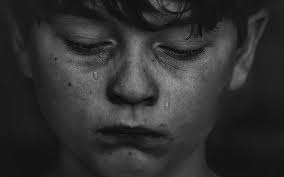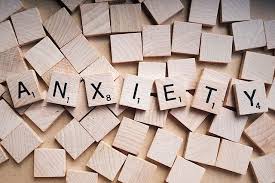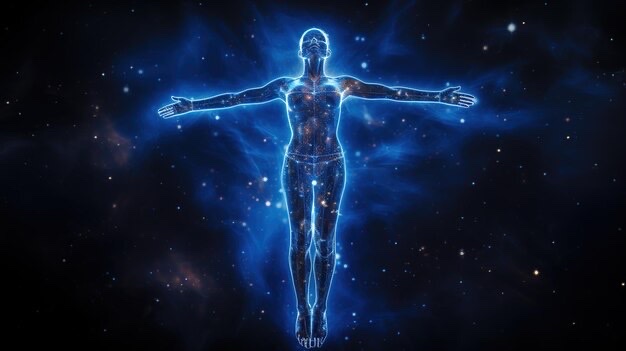How Peer Pressure is Fueling a Mental Health Crisis Among African Teens
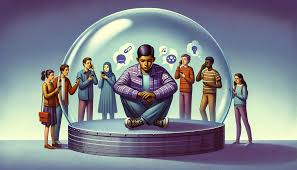
For generations, peer pressure has been a rite of passage for teenagers, a force that shapes everything from fashion choices to social circles. Yet, in the modern African context, this traditional social dynamic has been amplified and weaponized by the rise of hyper-connectivity.
What was once a subtle push to conform has become an omnipresent force, an invisible hand guiding a new generation of African youth toward a silent mental health crisis.
This article delves into the powerful and often detrimental link between peer pressure and the mental well-being of African teenagers, exploring how the constant need for validation, the fear of exclusion, and the pressure to meet unrealistic social standards are driving a surge in anxiety, depression, and self-esteem issues.
The Amplifier: Social Media's Unrelenting Influence
Source: Google
The most significant modern twist on peer pressure is its manifestation through social media. Platforms like Instagram, TikTok, and Snapchat have turned social life into a public performance, a constant comparison of curated realities.
African teenagers are now exposed to a relentless stream of filtered images, meticulously edited videos, and carefully constructed lifestyles. This creates an impossible standard of perfection that most can't possibly meet.
The psychological toll is immense. The "likes" and comments on a post become a direct measure of a teenager's self-worth. A post that doesn’t get enough engagement can feel like a social rejection, triggering feelings of inadequacy and anxiety.
The fear of being seen as "uncool" or "unpopular" leads to a relentless cycle of self-monitoring and comparison. For a teenager, who is still developing their sense of self, this digital feedback loop can be devastating. It can lead to body image issues, a profound sense of loneliness, and a feeling that their real life is not good enough.
As one psychologist in Nigeria noted, "The pressure to post the 'perfect' vacation photo or the 'perfect' outfit is creating a generation that is more concerned with how they appear online than who they are offline."
Furthermore, social media amplifies the Fear of Missing Out (FOMO). The sight of friends at a party you weren't invited to, or on a trip you couldn't afford, can create intense feelings of exclusion and social anxiety. This constant exposure to the best moments of others' lives, while they are dealing with their own struggles privately, can be a major source of distress.
The Forms of Modern Peer Pressure.
Source: Google
Beyond social media, peer pressure in Africa's rapidly urbanizing societies takes on specific forms that impact a teenager's identity and well-being.
• Academic Pressure: In many African cultures, academic excellence is a source of immense family and community pride. Peer pressure in this context is often centered on grades, school performance, and career aspirations.
The fear of not living up to the expectations of friends or excelling in a competitive classroom environment can lead to significant stress and anxiety.
• Materialism and Lifestyle: Peer pressure is also increasingly tied to materialism. The pressure to own the latest smartphone, wear a specific brand of clothing, or frequent certain trendy spots can be overwhelming. For families who cannot afford such luxuries, this creates a social divide that leaves teenagers feeling left out and ashamed.
The constant desire to keep up with their more affluent friends can lead to a negative self-image and even push some toward risky behaviors to get what they want.
• Behavioral Conformity: Peer pressure also extends to risky behaviors. This can range from the pressure to experiment with drugs and alcohol to engaging in unprotected sex.
In a social setting where fitting in is paramount, a teenager may find it incredibly difficult to say "no," even when they know the behavior is dangerous or goes against their personal values.
Building Resilience: A Path to Mental Well-being
Source: Google
Addressing this crisis requires a concerted effort from all corners of society. It's about empowering teenagers to build resilience, fostering a positive sense of self, and creating support systems that can help them navigate a hyper-connected world.
• For Parents: The most crucial first step is to open a line of communication. Parents need to create a safe, non-judgmental space where teenagers feel comfortable discussing their struggles without fear of punishment or ridicule.
This means having conversations about what they see on social media, helping them understand the difference between online personas and reality, and setting clear boundaries around screen time. Parents must also model healthy digital habits themselves.
• For Educators: Schools are a critical line of defense in the mental health crisis. They can serve as a safe haven and a place for early identification and intervention. Educators are often the first to notice a student struggling with anxiety or social pressure, so equipping them with the right tools is crucial.
Here's how schools can help:
* Integrate Mental Health into the Curriculum: Schools should go beyond traditional subjects to include lessons on emotional intelligence, self-awareness, and digital citizenship. Teaching students how to critically analyze media, recognize the signs of online manipulation, and understand the difference between a real and a curated life can empower them to navigate social media more healthily.
* Establish Safe Spaces: Creating designated safe spaces, like a school counselor's office or a peer support group, can give students a place to talk openly without fear of judgment. These spaces allow them to share their experiences and realize they are not alone.
* Provide Professional Training: Teachers and staff need to be trained to spot the subtle signs of distress, such as sudden changes in behavior, academic performance, or social habits. Knowing how to have a compassionate conversation and when to refer a student to a professional counselor is essential.
* Foster an Inclusive Culture: Schools should actively promote an environment where kindness and acceptance are valued over popularity and conformity. By celebrating individual differences and discouraging social cliques, they can reduce the pressure to fit in and help students build a positive sense of self.
• For Teens: The power to resist negative peer pressure ultimately lies with the teenagers themselves. Building resilience begins with understanding one's own values and priorities. Teens can be encouraged to find a sense of purpose and identity outside of their social media feeds, whether through hobbies, sports, or creative pursuits.
The ability to recognize when a social situation or online environment is harmful and to have the courage to step away is a vital skill for their mental well-being. Organizations like UNICEF and local NGOs are increasingly providing resources and workshops for young people to help them build this crucial resilience.
In a rapidly evolving digital landscape, the well-being of Africa's youth is at stake. By shining a light on this invisible struggle, we can provide the tools and understanding needed to foster healthier environments.
The article aligns with our commitment to delivering relevant, empathetic, and solution-oriented journalism that empowers our audience to tackle modern challenges and build a more resilient future.
You may also like...
Margot Robbie and Colin Farrell's New Fantasy Film Faces Rotten Tomatoes Score Drop

"A Big Bold Beautiful Journey," starring Margot Robbie and Colin Farrell, is set for release on September 19, 2025, as a...
Highlander Reboot Gets 'John Wick' Level Hype from Dave Bautista and Henry Cavill
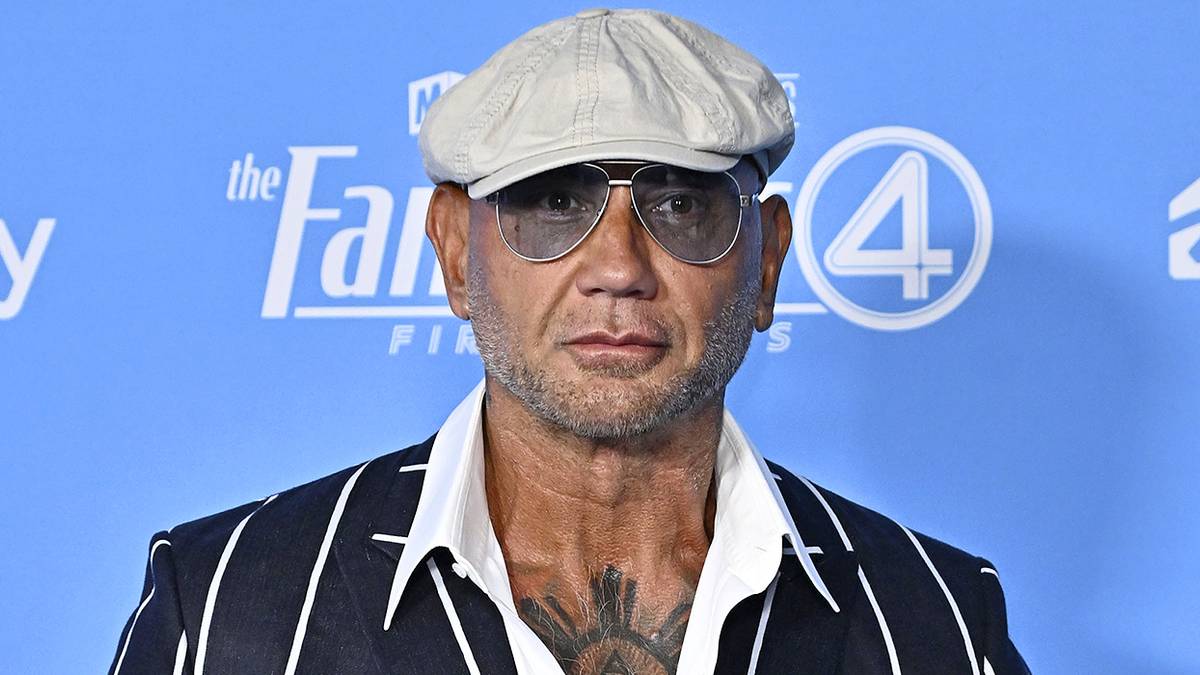
Dave Bautista has landed his dream role as The Kurgan in Chad Stahelski's Highlander reboot, a part he has passionately ...
Ozuna Dominates Latin Airplay with 33rd Chart-Topper!

Ozuna's "Sirenita" has officially become his 33rd No. 1 hit on Billboard’s Latin Rhythm Airplay chart, climbing to the t...
Music World Mourns: Hitmaker Omen Passes Away at 49

Renowned hip-hop producer Sidney “Omen” Brown has died at 49. Known for his work with Roc-A-Fella, Drake, Lil Wayne, and...
Alien: Earth Stars Spill on Episode 7's Terrifying Twists and Iconic Sci-Fi Nods
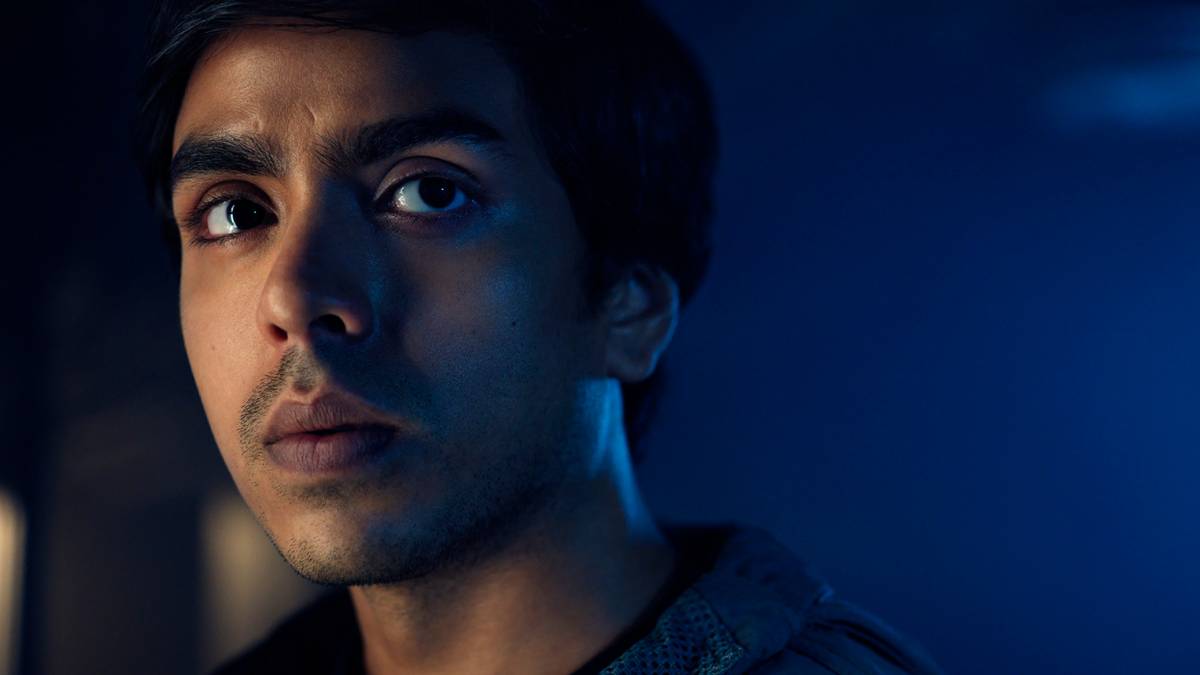
Dive into the intense world of <em>Alien: Earth</em> Episode 7, "Emergence," through interviews with Adarsh Gourav and D...
Emmys 2025 Red Carpet: The Most Stunning Celebrity Looks That Broke the Internet!

The Emmys red carpet redefined celebrity fashion, moving beyond traditional attire to embrace daring and expressive look...
Davido Takes Center Stage: Exclusive Nigerian Act for Coachella 2026!
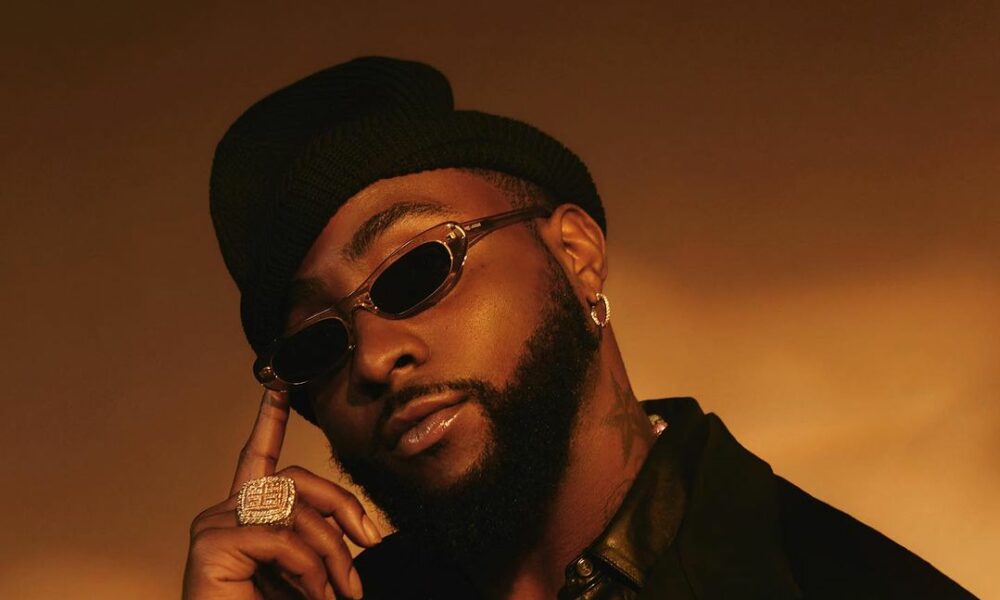
Coachella has revealed its highly anticipated 2026 lineup, featuring headliners Justin Bieber, Sabrina Carpenter, Karol ...
M&S Autumn Collection Promises High Street Revolution with Style & Value!

Marks & Spencer is shaking up the High Street with its most daring and eclectic fashion collection, the "She's Back" cam...
